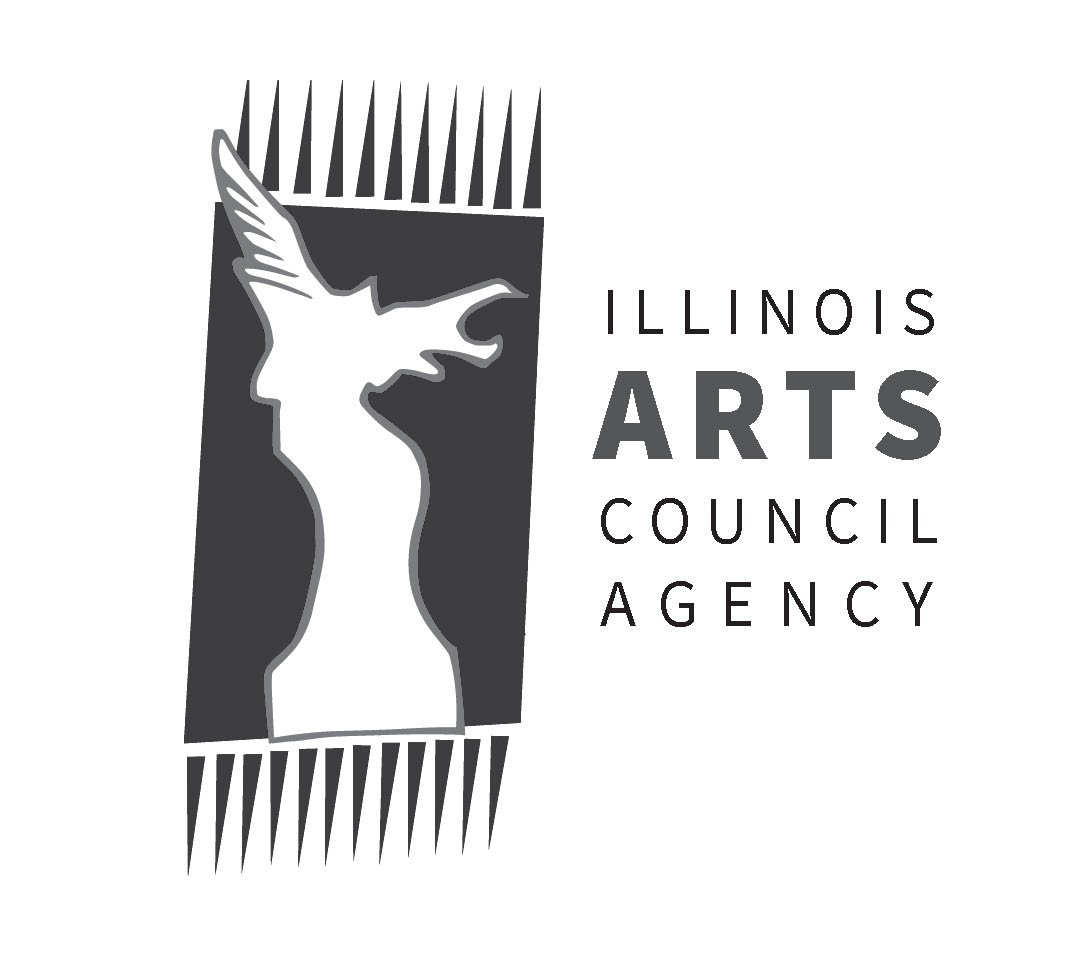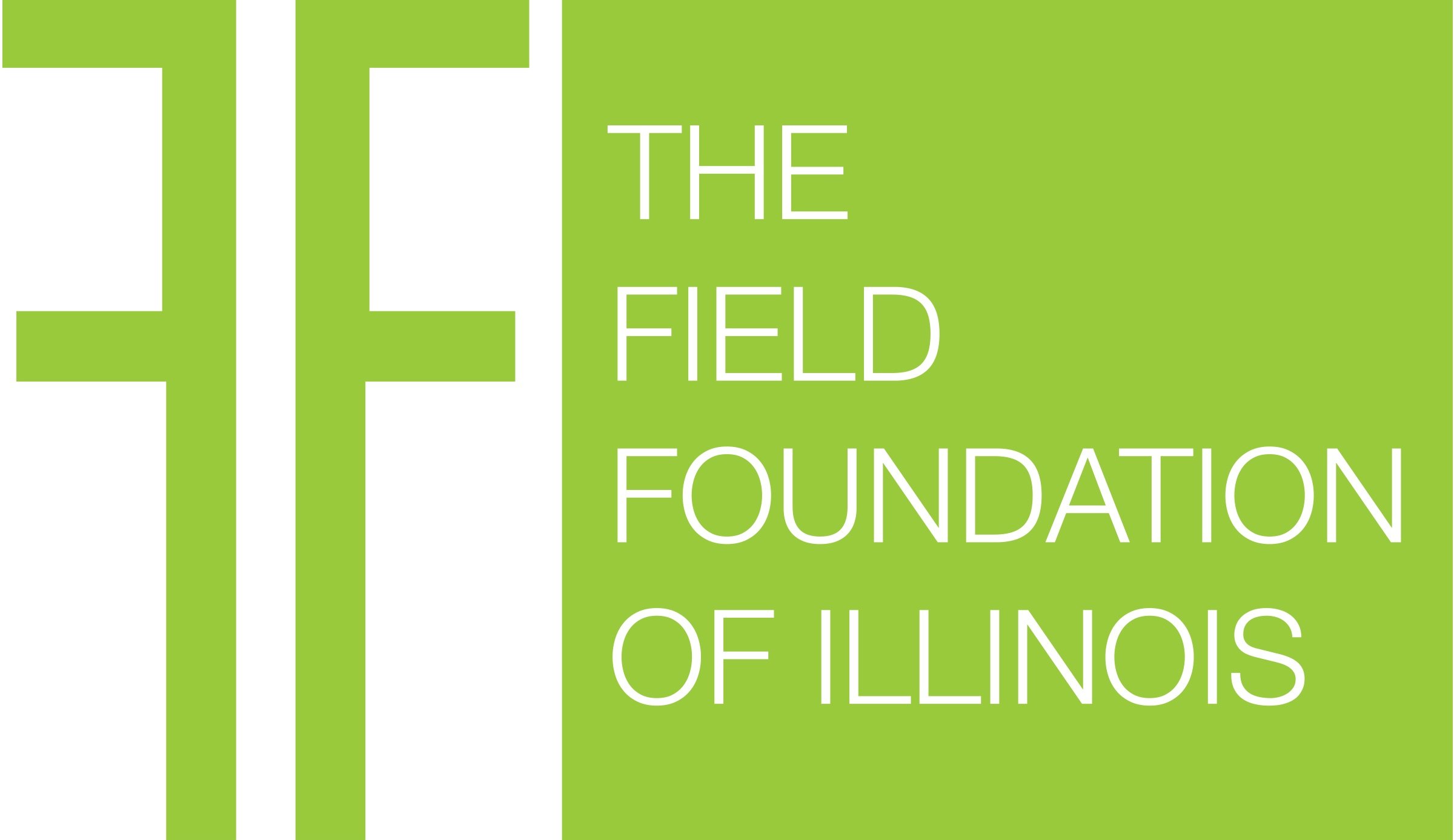"To live, and not know why cranes fly...": 3 Sisters and the art of escape
/“The unhappy are egotistical, base, unjust, cruel, and even less capable of understanding one another than are idiots. Unhappiness does not unite people, but separates them...”
In preparing for this blog post I examined the poetics of Chekov, delved into a bit of Russian history, took a couple of detours into currency differences between one year and another, Gold standards, and even the significance of voluminous facial hair in the Russian literary canon. But of all the books I’ve read, articles I’ve scanned hastily in the moments between work and trips down to Pilsen, the above quote seems to encompass Chekov’s characters more than anything else I’ve found.
And maybe this is why our new production of 3 Sisters creates such an interesting dialogue with the original work: Ultimately it’s about happiness. Adapted by Andrej Visky, myself, and an enigmatic bearded fellow who offered his services for a couple of beers and an arcane, dusty box I found in my grandmothers basement, full of broken chess pieces and several black and white photographs of medical anomalies; the work pictures the titular sisters wading through a mass of memories at the ending of Chekov’s play. Suspended between total emotional annihilation and perpetuating their lifelong delusions, the sisters work through the implications of their past and a means to break free from it. It’s a theatrical event horizon; circling round and round a singular future point, they prod at the edges of escape.
But these are not merely Chekov’s three sisters, doomed to repeat the same performance over and over again. This is perhaps one of the most basic truths I have learned through my years in the theatre; repetition is not necessarily the creation of the same scenario but the ability to find something new within that sameness. In this way by returning to past events our sisters come to realize “why they are alive, why they suffer”, by directly contending with their collective trauma. They attempt to step forward from our Chagall blue set into a real life, with agency, force, and above all a desire to find happiness. Unable to accept the crushing verdict at the end of Chekov’s original, our sisters discover the condition that he identified in them but did not, because of the naturalistic nature of his work, change.
“Like it or not, art always regards life as a celebration.”
Maybe the biggest difference between what we’ve done and a traditionally staged, Moscow Art Theatre Chekov, is to make our sisters thoroughly theatrical creatures. Even before Andris came up with the concept of repeating the text, which makes the sisters actors in their own lives, this was integral to the project. Andris interviewed each actress about her life, and I transcribed the text. The original intent was to use the text as part of the play, and though they only inspired parts of the final process, they blended into the way we saw each character. Each sister became a composite, both actress and acted, though sometimes it’s unclear which is which.
This ambivalence manifests itself in play. Chekov’s text is already opaque, but taking away all the men and creating a scenario where this is the second time around, creates a Swiss cheese of a text where nearly anything can happen, and has to, to fill in the holes made by our little acts of textual violence. Masha converses with a whining dog in place of her husband. Andrei has a cameo as a huge yellow exercise ball that hides underneath the folds of the set. The sister’s dance at first with each other, and then an orange-gelled ERS spotlight they call ‘Vershinin’. It’s all wonderfully absurd, and if asked if it was fun to make, I’d respond that it was a joy. It may, or may not, succeed. That’s the danger of all experimental art. But it is these wonderful moments of absolute ridiculousness within the process that signify we’ve actually caught hold of something.
Joy is, against the diagnosis of many critics, what the Prozorov sisters most need. Most see the mental vista of Moscow as a manifestation of their hopelessness, Chekov’s cynical commentary on the false utopias that we create for ourselves. Forever striving for something that is both unrealistic and unattainable, we allow the image of the future blind us, and so, like the sisters, seal ourselves off to a life of egotism, of unhappy marriage, and the inability to realize any form of agency besides the cultivation of bitterness.
Our production disagrees with this interpretation, or at least I do. The tragedy of the Three Sisters occurs when they give up hoping for a life beyond their current situation. When they decide that they will never go to Moscow, a pronouncement that’s even more ridiculous than Irina’s statement at the end of act three that “nothing on earth is better than Moscow.” They are horrible at enacting their hopes, it’s true. But that does not necessarily make those hopes detrimental. It is only in the end of the play that hope falls deflated to the ground. Ironically, it is here, where they abandon the specter of Moscow, where they have the greatest possibility of going. Moscow is not symbolic of foolish hope, but hope long deferred and then abandoned just when the potential for upheaval is the greatest. It is perhaps the best example of anticlimax in theatrical history.
Our deconstructive reversal which makes the Prozorov’s all run away and become actresses, is entirely unrealistic. It seems to tell of the spiritual and emotional journey of our actress’ more than their characters. But it is our way of injecting Chekhov’s sisters with an antidote to the diagnosis of unhappiness, of giving them another Moscow that they can actually pursue. For most of us, an economically sound career in the arts is just as elusive as the semi-mystical city that the sisters remember from their childhood. There are more failures than there are success, and more faults in us than we can name.
But for those of us who choose this life, giving up is just as unthinkable. We have to have our Moscow, because without it we have nothing.































